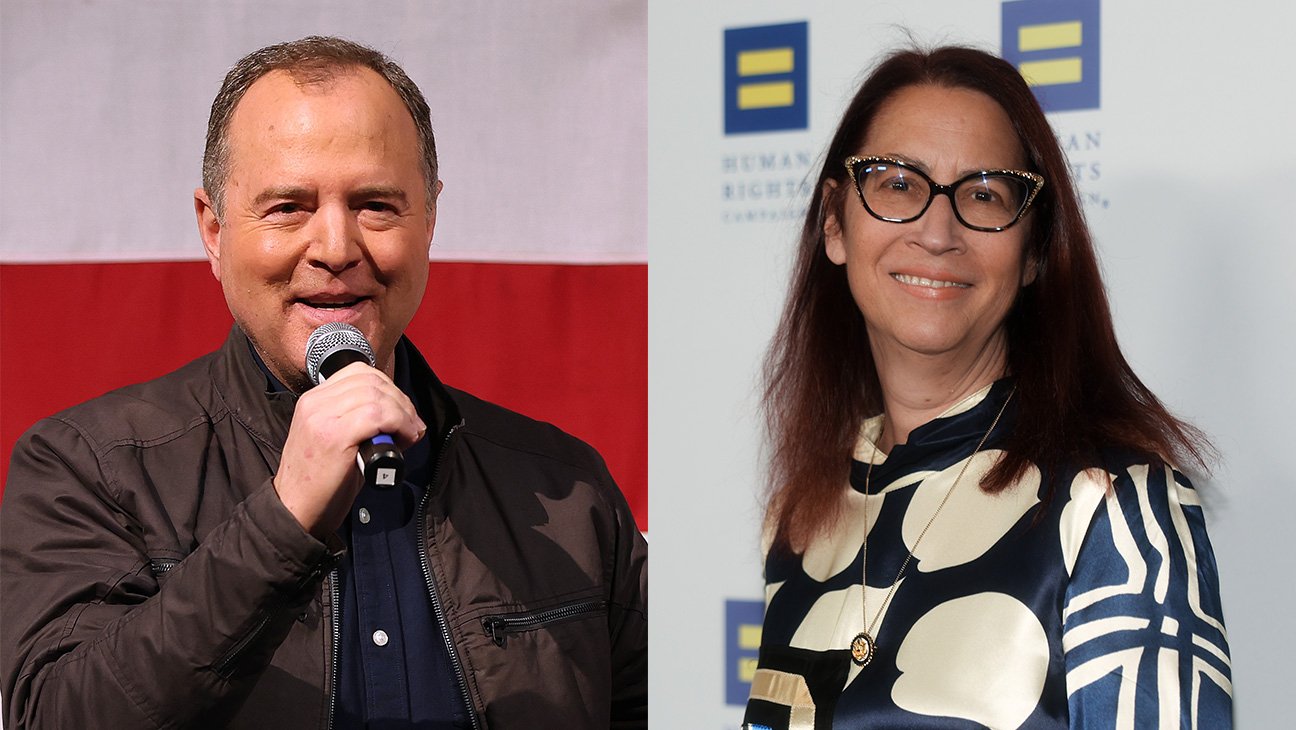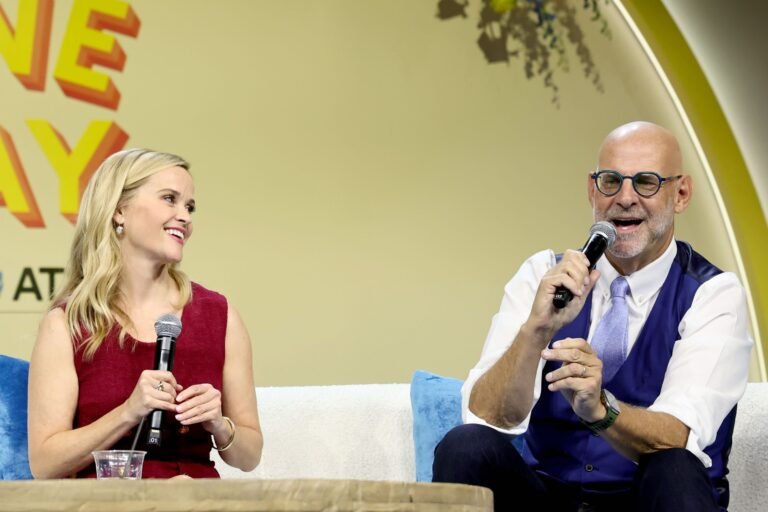Legislators to Trump: Consider a Federal Film and TV Tax Credit Instead
You could practically hear Hollywood executives groaning Monday after President Donald Trump mused again about imposing a “100%” tariff on films produced abroad. But at least two local legislators saw an opportunity in Trump’s latest riff. Just hours after the president’s Truth Social post, California Sen. Adam Schiff and U.S. Rep. Laura Friedman released similar…
You could practically hear Hollywood executives groaning Monday after President Donald Trump mused again about imposing a “100%” tariff on films produced abroad. But at least two local legislators saw an opportunity in Trump’s latest riff.
Just hours after the president’s Truth Social post, California Sen. Adam Schiff and U.S. Rep. Laura Friedman released similar statements that attempted to redirect the conversation to their pet project: a federal film and television tax incentive.
“I’m relieved President Trump recognizes that we are losing a signature American product: the domestic film & TV industry. However, his 100% tariff on foreign films will raise costs for consumers,” said Friedman, a former film producer on projects like the Mary-Kate and Ashley Olsen vehicle It Takes Two. “As the representative of nearly every major producer in Hollywood and a former film producer, I know what will work, without harming consumers: a national film tax credit. It’s working in California and it will work across the country.”
Schiff, while no friend of Trump’s, similarly said in a Monday statement that he would work with the White House to make such a tax credit a reality. “I strongly support bringing movie making back to California and the U.S.Congress should pass a bipartisan globally-competitive federal film incentive to bring back production and jobs, rather than levy a tariff that could have unintended and damaging consequences,” he stated. “We have an opportunity to pass a major federal film tax credit. I’m ready to work with this administration and my colleagues on both sides of the aisle to get it done.”
With the help of industry unions, Schiff and Friedman are attempting to pull together bipartisan coalitions within their respective chambers to pen bills proposing such an incentive. The industry has taken this approach after trying and failing to include the measure in Trump’s “One Big Beautiful Bill,” which was signed into law in July.
But with a government shutdown looming as Democrats attempt to use the moment to extend healthcare funding, it’s unlikely that any bipartisan bill could materialize in the near term.
In his latest post suggesting a tariff on films made abroad, Trump compared the flight of work on U.S. films and TV shows to other countries as being like “stealing ‘candy from a baby.’” He took the opportunity to dunk on his political rival, California Gov. Gavin Newsom, and struck a vague tone on which part of film development, production or post-production he might penalize if such a tariff became a reality.
The president initially floated his movie tariff idea on Truth Social in May, prompting panic across Hollywood, even after the White House sought to temper expectations in a statement not long after. In the statement, the White House said “no final decisions on foreign film tariffs have been made.”
Ever since, Hollywood advocates — including two of Trump’s own “special ambassadors” to the business, Jon Voight and Sylvester Stallone — have been attempting to divert the conversation to a federal tax incentive.







